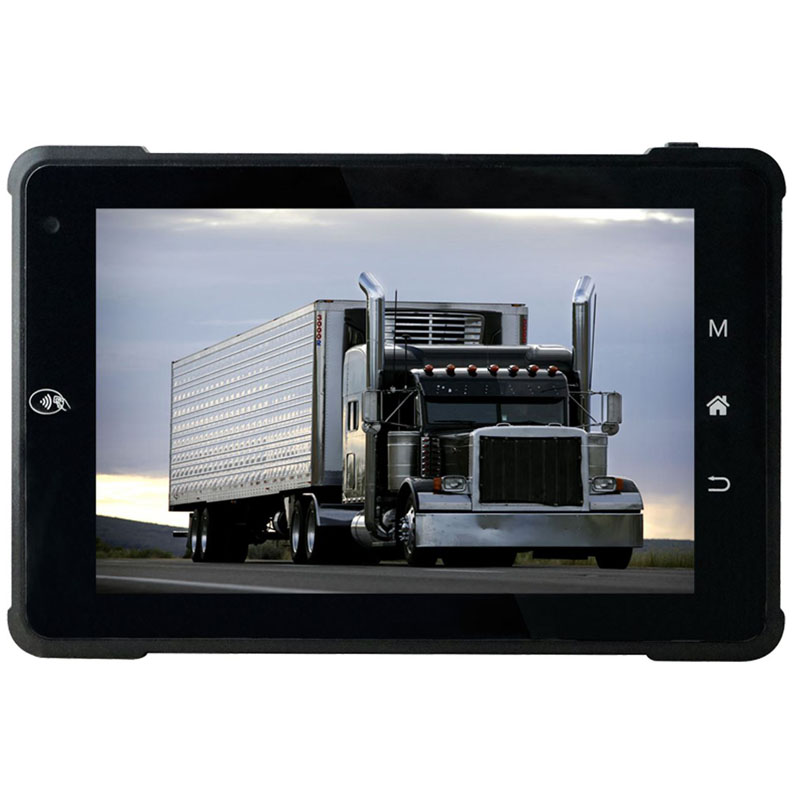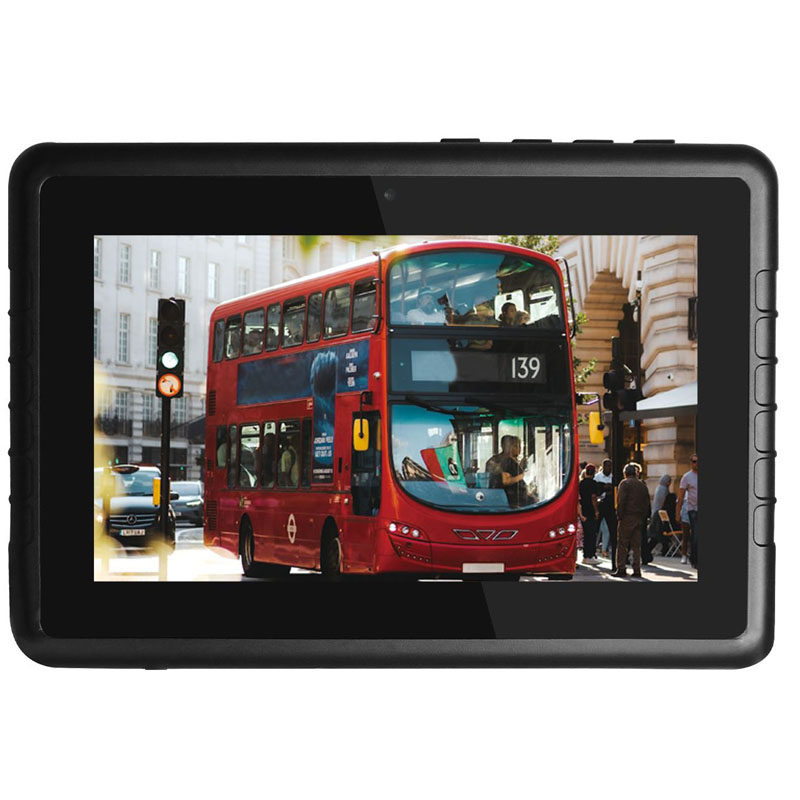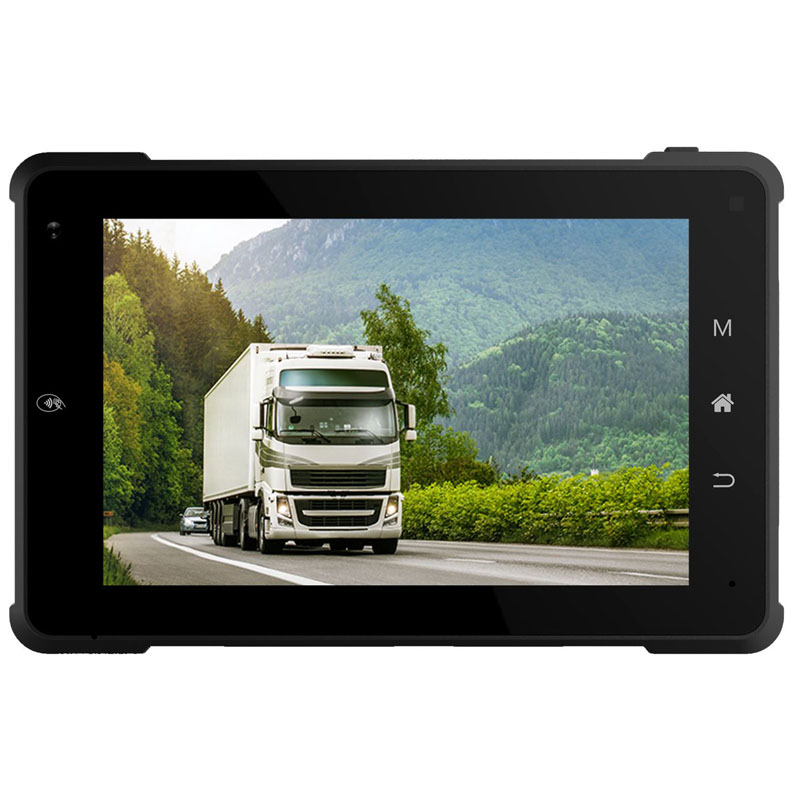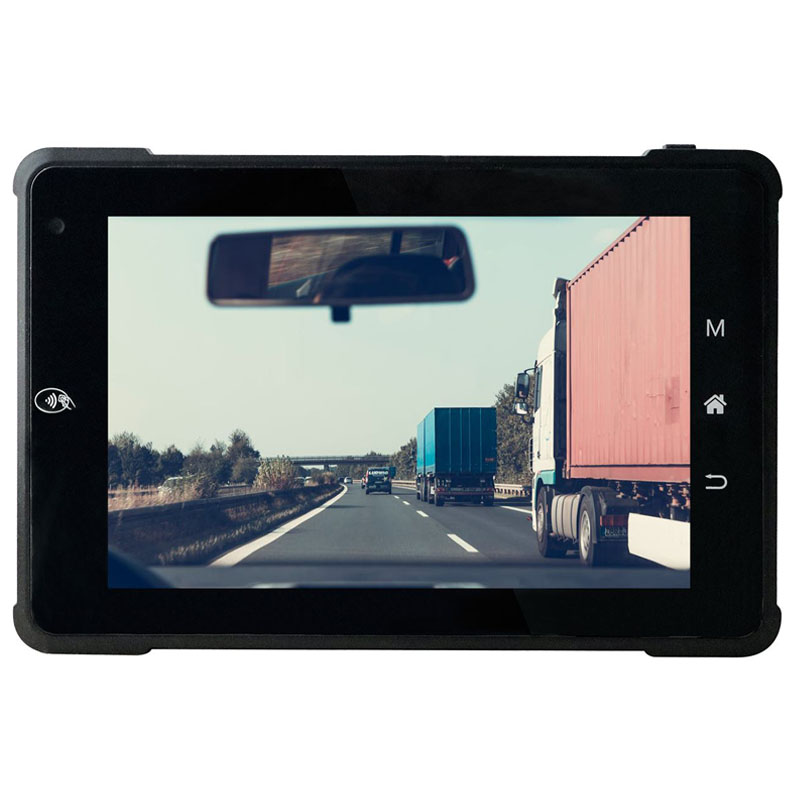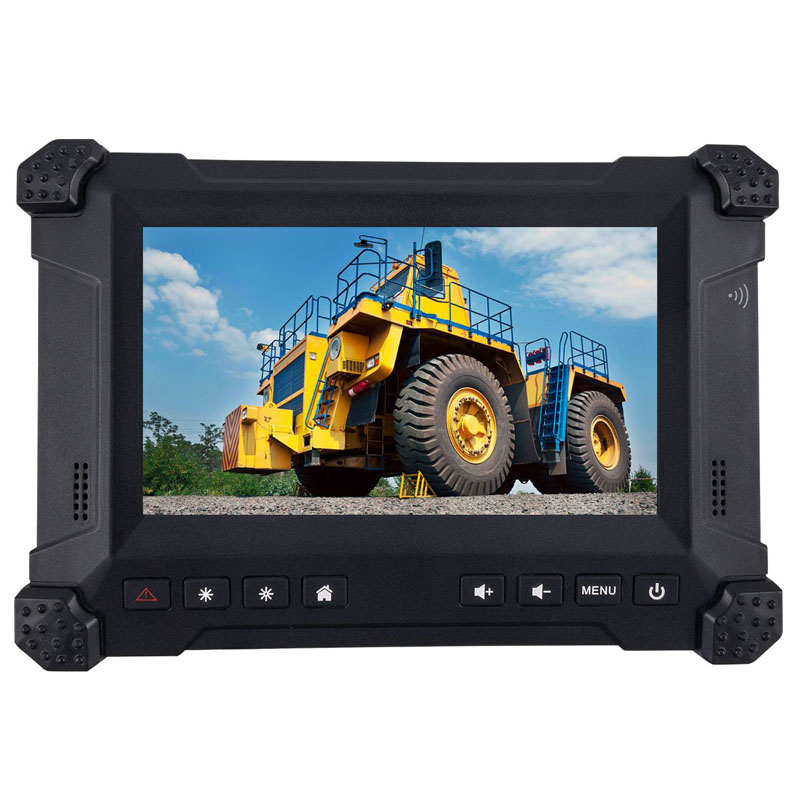The On-Board Unit: A Comprehensive Guide
Welcome to this comprehensive guide on the On-Board Unit (OBU). The OBU is a crucial component in the world of intelligent transportation systems, playing a significant role in enhancing road safety, efficiency, and convenience for drivers. In this article, we will delve deep into the world of OBUs, exploring their functions, requirements, and costs, as well as addressing common questions related to OBUs in various contexts.
What is an OBU On-Board Unit?
An On-Board Unit, commonly referred to as an OBU, is a device installed in vehicles to facilitate electronic toll collection, vehicle tracking, and communication with smart transportation systems. OBUs are designed to communicate with roadside infrastructure, such as toll booths, traffic lights, and other vehicles, to enable a seamless and efficient driving experience. By wirelessly transmitting data, OBUs help streamline processes like toll payments, traffic management, and vehicle diagnostics.
What is the meaning of OBU unit?
The term “OBU unit” simply refers to the On-Board Unit itself. It is a device that serves as the communication interface between the vehicle and the surrounding infrastructure. The OBU unit contains a transponder, which receives and transmits signals to and from roadside sensors or other vehicles. These signals can be used for various purposes, such as electronic toll collection, real-time traffic updates, or even vehicle-to-vehicle communication.
What is the OBU in a bus?
In the context of public transportation, the OBU in a bus serves a similar purpose as it does in other vehicles. It facilitates communication between the bus and the transportation infrastructure, such as traffic lights or toll booths. Additionally, the OBU in a bus can be used for tracking the vehicle’s location, managing routes, and providing passengers with real-time information about their journey. This helps improve the efficiency and reliability of public transportation systems.
What is OBU in ACCA?
In the Association of Chartered Certified Accountants (ACCA), the term OBU stands for the Oxford Brookes University (OBU) degree program. ACCA students who have completed the Applied Knowledge and Applied Skills levels can opt to pursue the OBU degree program. This program allows students to gain a Bachelor’s degree in Applied Accounting while studying for their ACCA qualification. The OBU program is highly regarded for its flexibility and academic rigor, providing students with valuable knowledge and skills in the field of accounting.
What is a bus parking area called?
A bus parking area is commonly referred to as a bus bay or a bus layover. It is a designated area where buses can park and wait for their scheduled departure times. Bus bays are typically located near bus stations or terminals and are equipped with facilities like shelters, seating, and information boards for passengers.
What are the parts of a bus called?
The various parts of a bus can be categorized into three main sections: the front section, the middle section, and the rear section. The front section includes components like the windshield, driver’s cab, and engine compartment. The middle section is where passengers sit and is equipped with seats, handrails, and luggage racks. The rear section typically houses the exit door and may contain additional seating or storage space.
What are bus spotters called?
Bus enthusiasts or hobbyists who enjoy observing and photographing buses are often referred to as bus spotters. They take a keen interest in the different models, liveries, and registrations of buses, and their hobby can involve traveling to various locations to spot unique or rare buses.
Why do they call it “park the bus”?
The phrase “park the bus” is a colloquial term used in sports, particularly in football (soccer). It refers to a defensive strategy where a team adopts a highly defensive approach, placing numerous players in their own penalty area to protect their goal and prevent the opposing team from scoring. This tactic is likened to a bus parking across the goalmouth, making it difficult for the opposing team to find a way through.
In this comprehensive guide, we have explored the On-Board Unit (OBU) and its significance in the world of intelligent transportation systems. We have discussed the various functions of OBUs, their meanings, and their applications in different contexts. We have also addressed common questions related to OBUs, providing valuable insights into this fascinating technology. As OBUs continue to evolve and play a crucial role in shaping the future of transportation, it is essential for drivers, passengers, and transportation authorities to understand the capabilities and benefits of these innovative devices.


